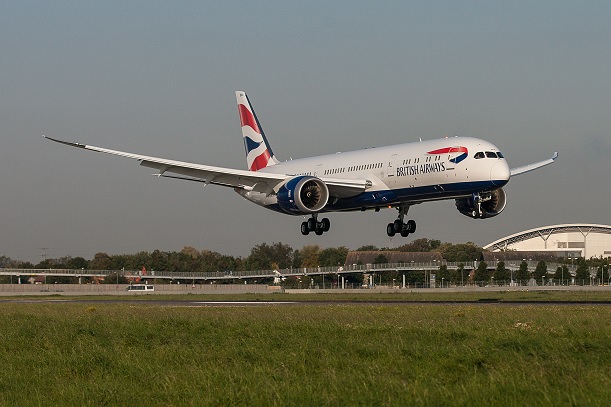AT&T and Verizon to address concern that 5G disrupts flight equipment
New public safety fears over 5G have emerged as the US Federal Aviation Administration (FAA) and the aviation industry are concerned that certain signals will interfere with sensitive aircraft electronics like radio altimeters.
Now AT&T and Verizon Communications have agreed to take precautions over fears that their use of use of C-Band spectrum for 5G wireless will worsen air safety.
According to a report in the IEEE Communications Society blog the FAA has already warned pilots of the possibility that “interference from 5G transmitters and other technology could cause certain safety equipment to malfunction”.
Altimeters are especially sensitive
US operators send 5G signals over lower frequencies than the altimeters, but air-safety officials are worried that some especially sensitive sensors could still pick up cell-tower transmissions. Regulators in Canada and France have also imposed some temporary 5G limits.
In protest, the two telcos sent a joint letter to the Federal Communications Commission (FCC) to outline their position.
“Our use of this spectrum will dramatically expand the reach and capabilities of the nation’s next-generation 5G networks, advancing US leadership and bringing enormous benefits to consumers and the US economy,” Verizon and AT&T claimed, in their joint letter to the FCC.
US operators invested $96 billion in 5G
In the US mobile operators spent $81 billion to buy licenses for the C-Band 5G airwaves with another $15 billion invested in building the services.
AT&T and Verizon have committed to take additional steps to minimise energy coming from 5G base stations in the next six months. The precautions will be taken across the US around public airports and heliports in a bid to resolve altimeter issues.
Important and encouraging steps
In early November, AT&T and Verizon agreed to delay the commercial launch of C-band wireless services until January 5th, 2022. This action was in response to an FAA bulletin warning that action may be needed to address the potential interference caused by the 5G deployment.
The FAA has said it will review the telecoms proposal which it described as an “important and encouraging step”. The FAA said it believes that aviation and 5G C-band wireless service can safely co-exist.
“These technical mitigations represent one of the most comprehensive efforts in the world to safeguard aviation technologies,” said an FAA statement.
Not over yet
However, the FAA said it may issue an emergency directive to airlines in early December. According to two Democrat sources quoted in Reuters, the directive could include “draconian but necessary restrictions on many types of critical flight operations.”
AT&T is seeking to evaluate additional evidence from radio altimeter manufacturers. It said that though there is no credible evidence that a legitimate interference problem exists, it will take the additional steps to alleviate any safety concerns from the FAA.
New Street Research analyst Blair Levin said the two federal agencies and the companies they oversee are stuck “a deep state game of chicken”. According to the IEEE blog, the whole controversy is guided by each regulator’s particular interest, with no clear path towards resolution.



